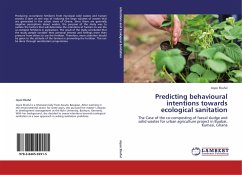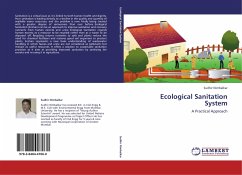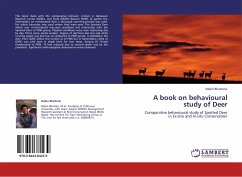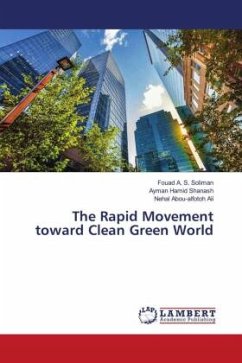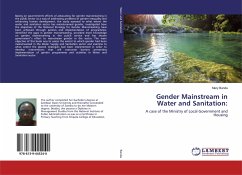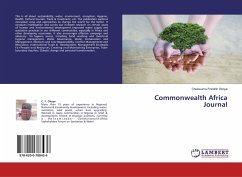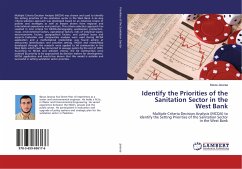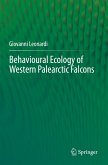Producing co-compost fertilizers from municipal solid wastes and human excreta is seen as one way of reducing the large volumes of wastes that are generated in the urban areas of Ghana. Since there are generally negative perceptions about wastes, the purpose of the study was to outline the factors that will determine the intentions of farmers to use the co-compost fertilizers in agriculture. The result of the study concluded that the study sample consider their personal interest and feelings more than pressure from others to use the fertilizer. Therefore, more attention should be given to the attitude of the farmers in promoting the fertilizer. This can be done through sensitization programmes.
Bitte wählen Sie Ihr Anliegen aus.
Rechnungen
Retourenschein anfordern
Bestellstatus
Storno

